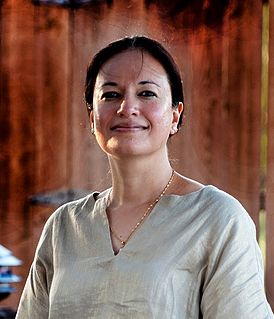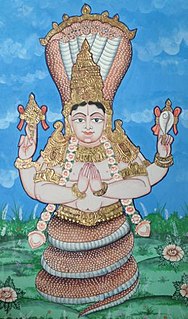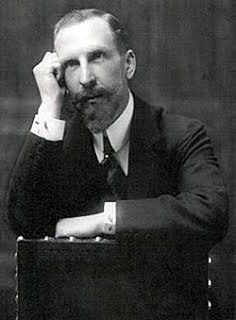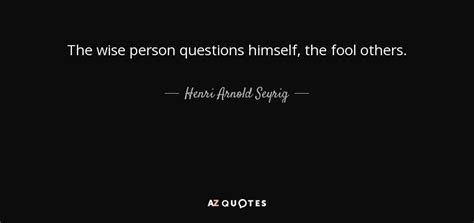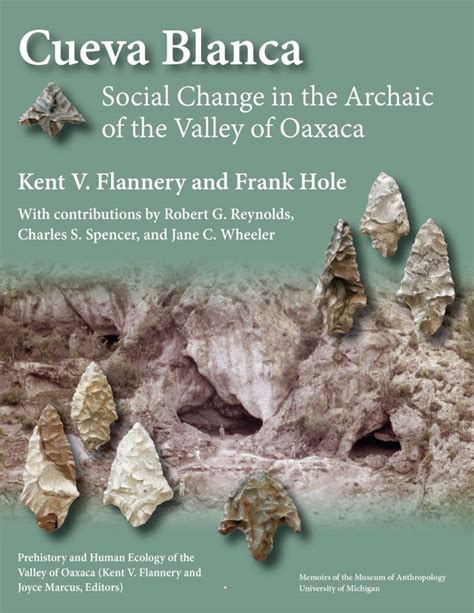A Quote by Aurel Stein
The labours I devoted between 1888 to 1900 to the critical edition, translation and commentary of Kalhana's Rajatarangini, the only true historical text of Sanskrit literature, afforded me ample opportunities of gaining close contact with Sanskrit savants of Kashmir, the land where traditional learning of Hindu India had flourished in old times greatly and survived until recent years.
Related Quotes
In the night ride across the Wular lake a small storm made me worry for the safety of my manuscript (Rajatarangini). It seemed as if the goddess of wisdom - Sharada, represented by waters of Kashmir, was unwilling to let me abduct the manuscript. This is what happened 1200 years ago to the Chinese pilgrim Hiuen-Tsang, who had to leave his Sanskrit manuscript in the angry Indus River.
It is now that the Left in India is urging the federal government to initiate unconditional talks with all stakeholders in Kashmir. Otherwise, up until now, the Left didn't even support the autonomous status of Kashmir, and the Kashmir imbroglio is not a conflict between the forces of Marxism and capitalism.
The word mantra comes from two Sanskrit words man, ("to think") and tra ("tool'). So the literal translation is "a tool of thought." And that's how mantras are used in Buddhist and Hindu practices, as tools that clear your mind of distractions. Because when you focus on repeating that mantra over and over again, soon the noise will die down and all you will hear is your inner voice.
A scene of Mahabharata where the Surya Devta(Sun God)would come to bless Kunti with a baby The child watching this on TV says "I have been taught that Neil Armstrong had taken several days to reach the moon.Surya Devta took only half a minute to land up in the Kunti's room; that too, he didn't even need a rocket-he had simply walked. Science and Sanskrit had always appeared contradicting subjects to me at school:-)






